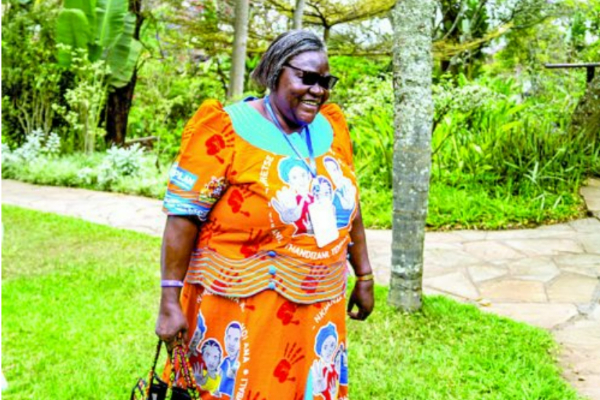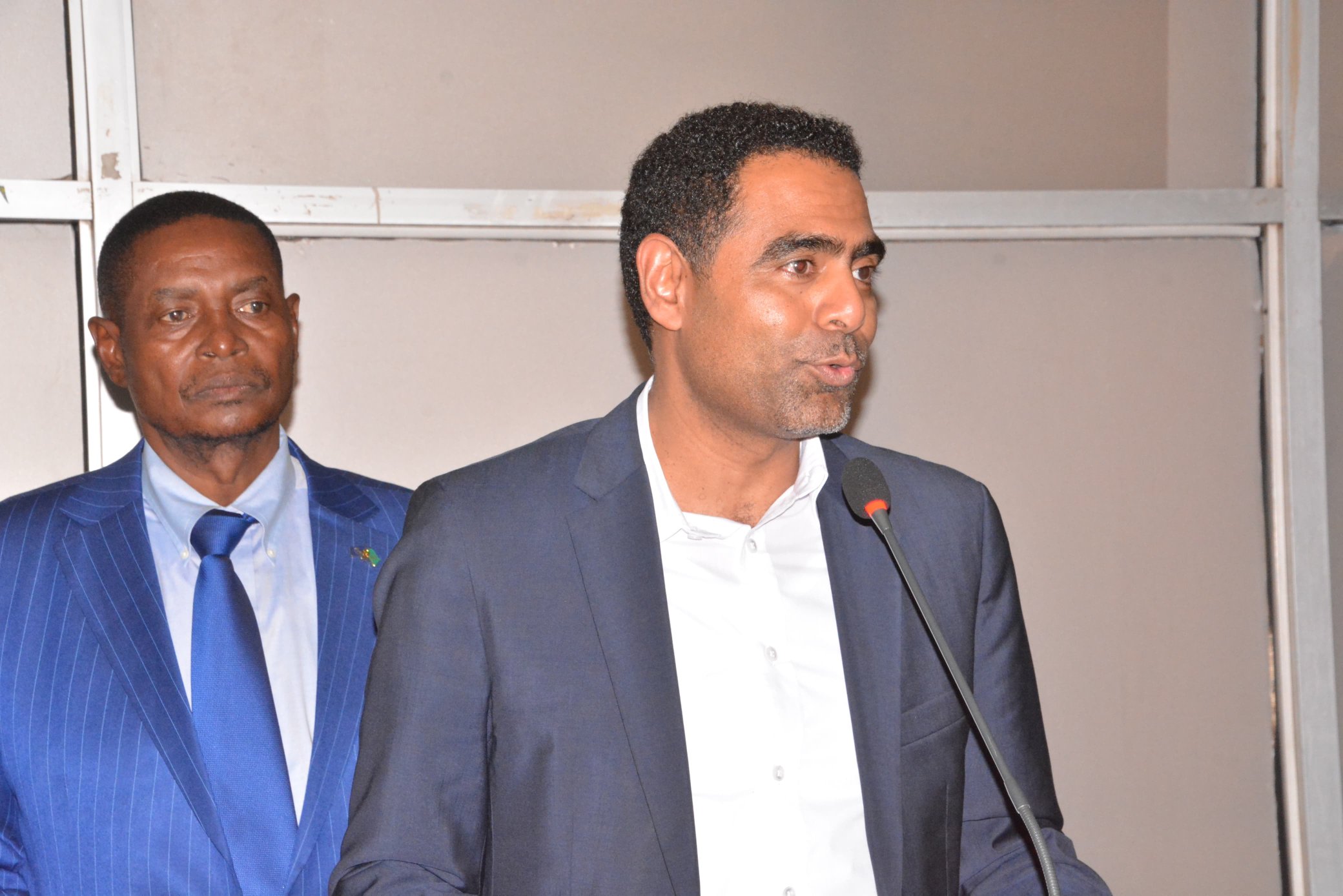How non-progressive family laws stand in way of equality

Last month, a Muslim woman in Iran was arrested by ‘moral police’ for not wearing a hijab as accordingly prescribed by Iran’s strict dress code for women. A few days later, 22-year-old Mahsa Amini died in police custody.
Her death sparked global criticism and condemnation of what was considered entrenched systemic discrimination against women and repression of their human rights.
Although the tragic incident occurred miles away from home, it called to our attention our existing discriminatory practices against women and girls that inhibit their capacity to lead fulfilling lives.
“We have developed progressive constitutions in Africa, yet some laws that discriminate against swomen and girls remain unchanged. In Kenya, despite the Constitution guaranteeing equality, women are still being discriminated on the basis of religion, culture, among other issues. For instance, widows are barred from holding on to their marital property when they remarry. Marital rape is also not recognised as a crime,” claims Laureen Karayi, Regional project coordinator of Strategic Initiative for Women in the Horn of Africa (SIHA).
To build more momentum to the lobbying for women and girls’ rights and the subsequent elevation of the status of girls and women, a coalition of women’s rights activist groups across the African continent last week launched the Africa Family Law Network (AFLN). AFLN will further galvanise lobby group’s energies around the advocacy of women and girls rights.
The organisations include; Equality Now, Musawah, SIHA Network, and Nairobi-based, The African Women’s Development and Communication Network (FEMNET). The initiative came as a result of three years of consistent efforts by women activists on the ground.
“Family is at the heart of everything, be it; marriages, divorce, intimate partner violence, property inheritance, female genital mutilation (FGM), among others. It is at this level, where girls and women face the most discrimination including unpaid care work,” Karayi, explains.
No redress
In Kenya and to the extent, the African continent, family laws are based on religion, culture, and tradition. Attempts to reform some of the suppressive laws such as divorce laws, property inheritance laws, FGM, marriage laws, and access to reproductive health services are often seen as a threat to a group’s identity. As such, not enough progress is attained on these fronts.
Emma Kaliya first got married at the age of 22 to a man who would later turn against her and inflict bodily and emotional pain. “My first husband was a respectable man, yet he abused me. I made attempts to leave, but he would talk to elders and pacify them and I would go back,” says Kaliya, Director, Malawi Human Rights Resource Centre
“By the time I was having our last child I could not take it any more and so I left. After the customary divorce, he sold all my clothes to our workers and denied both me and our children property even though he was wealthy,” she shares.
Kaliya intimates there were no legal instruments to guarantee her a portion of the property despite contributing to the expansion of the family wealth. In addition, it was presumed by the community that such actions were permissible and thus found no redress.
“My daughter who is now all grown and has her own family is still angry to date because of her father’s treatment,” says Kaliya.
She adds: “We are not asking them to be rude and get divorced. We want them to refer their arguments based on laws and realities to change the status quo of women across Africa.”
She further calls for collective intergenerational learning and campaigning for the achievement of equal rights and better life outcomes for women.
A report released in 2020 by Equality Now interrogating discriminatory laws on grounds of sex showed that close to 40 per cent of countries had at least one constraint on women’s property rights. In 36 of 189 countries, widows were not granted the same inheritance rights as widowers and 39 countries prevented daughters from inheriting the same proportion of assets as sons.
Statistics from the Federation of Women Lawyers (FIDA) released in 2018 show that despite 32 per cent of households in Kenya being headed by women, they hold only one per cent of land titles while only five per cent own land jointly with men.
Walk the talk
“There is still reluctance in terms of implementing laws and international and regional treaties agreements. Countries ratify laws, yet fail to fulfill the obligations of these laws. We have some good laws, but if we do not meet them, then they are of no use to us,” said Esther Waweru, Equality Now legal adviser
The network acknowledges lack of conclusive data on the violation of women’s rights and discrimination as a major challenge in Africa owing to infrastructural and institutional factors. “In some countries, marital rape is not recognised as a violation alongside intimate partner violence, and therefore, there is no proper reporting and recording of these incidences. There is also the issue of stigma, which holds women and girls from reporting violations,” said Waweru
The Family Law Network is, therefore, asking African states to domesticate, and ratify the Maputo Protocol and the Convention on the Elimination of all forms of Discrimination against Women (CEDAWA) and its optional without reservations, criminalise harmful practices such as FGM, ensure equality in religious, customary and civil marriages.












